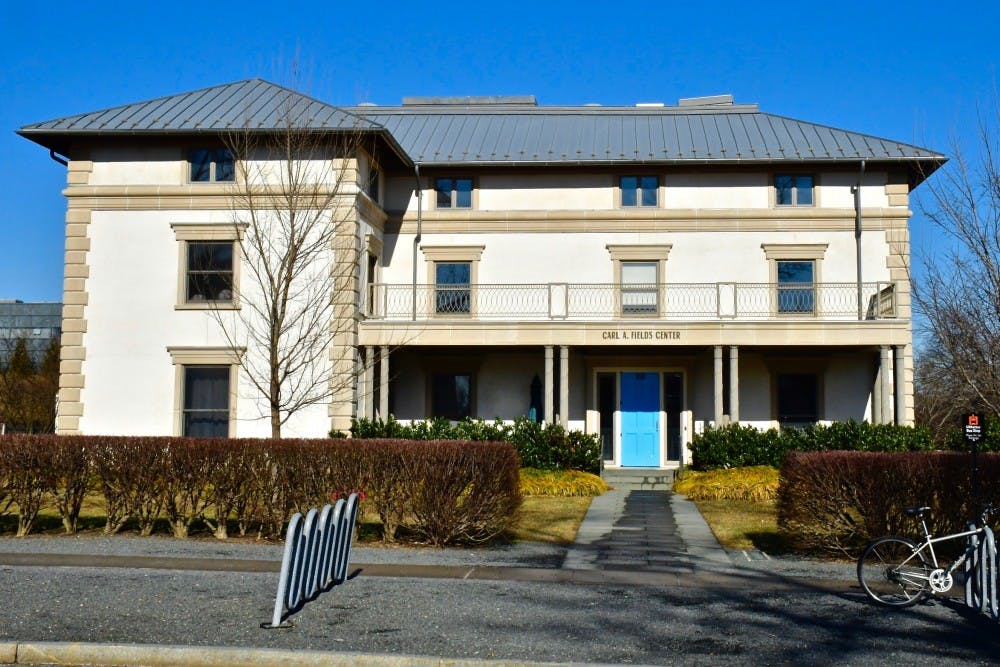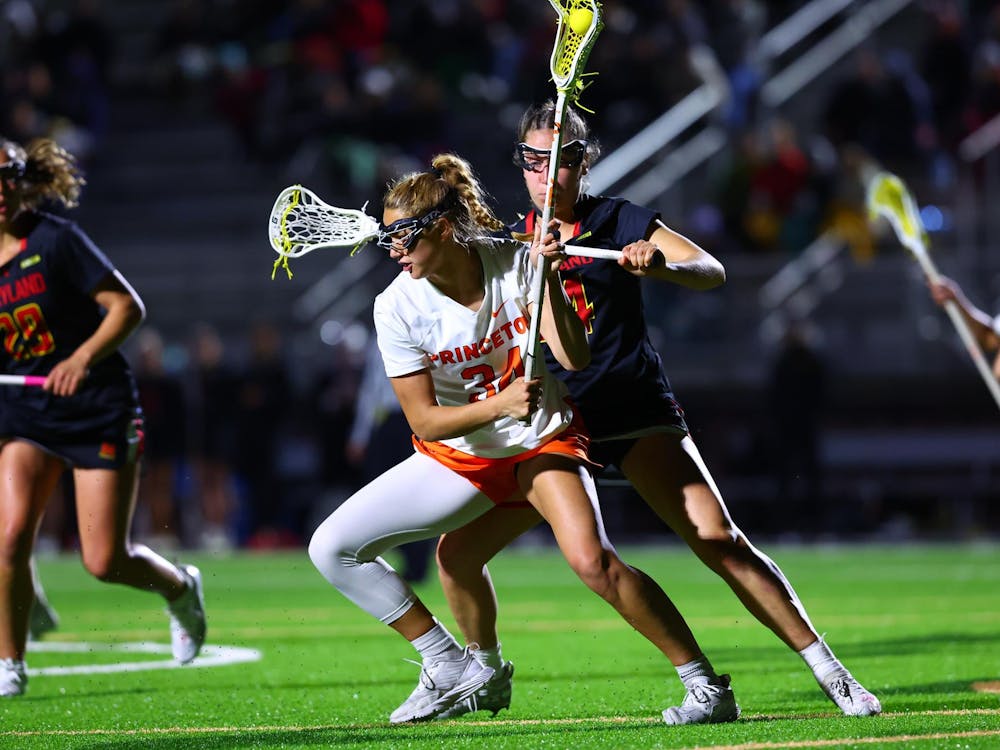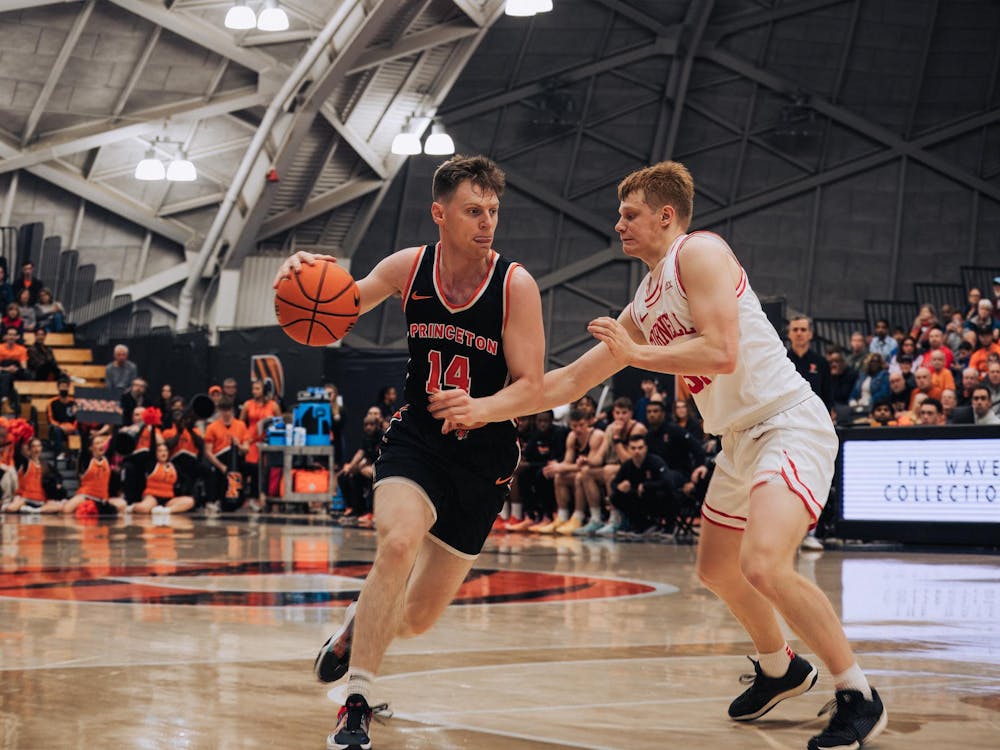In the November issue of “INSIGHT Into Diversity,” Princeton was granted the 2019 Higher Education Excellence in Diversity (HEED) Award, standing alongside a field of 93 other colleges and universities across the United States.
The HEED Award recognizes institutions of higher education for diversity and inclusion efforts across their campuses.
“You should make a big deal out of it,” said Lenore Pearlstein, co-publisher of INSIGHT Into Diversity and president of Potomac Publishing. “It basically says that you are very committed to diversity and inclusion across your campus and that it’s one of the pillars of the institution … Obviously, diversity and inclusion matter a lot to [Princeton].”
This represents the second occasion on which the University has received the honor, with the first instance occurring in 2013. Columbia University is the only other Ivy League school to have earned the HEED award this year.
“We’re extremely proud to again receive this award in recognition of the many ways in which we’ve made Princeton a truly more diverse, accessible and inclusive institution,” Michele Minter, vice provost for institutional equity and diversity, wrote in a press release on Oct. 15.
Pearlstein noted that schools which receive the HEED Award regularly have further success with diversity and inclusion initiatives on campus. “A lot of schools use the HEED Award to recruit more faculty, more underrepresented students,” she said. “We’ve been told that they’ve been very successful because … either students want to go to a school or faculty want to work at a school that they know is very diverse and very inclusive, very welcoming.”
According to the press release, INSIGHT Into Diversity highlighted the University’s recruitment of students from historically underrepresented backgrounds, financial-aid program, and recently reinstated acceptance of transfers for undergraduate admission, among other initiatives.
The magazine also featured a write-up on the University’s “Dialogue and Difference in Action” (DDA) orientation trip on its website, noting how “[DDA] participants examine concepts of identity, power, privilege, and difference within the context of the Princeton University community and in society at large.”
“[Princeton] actually did extremely well in the HEED application,” Pearlstein said. “They were one of the very top schools that scored … We were very impressed with it. [Princeton has] a very diverse student base, extremely diverse for an Ivy League school. We were really surprised.”
56 percent of undergraduates admitted to the class of 2023 identify as students of color and 18 percent identify as first generation, and 24 percent are eligible for federal Pell Grants, placing the University first among Ivy League schools in all three categories.
According to submissions to the Common Data Set, the University also leads the Ivy League in instructional faculty from minority groups, sitting at 27 percent. The University of Pennsylvania follows at 22 percent, and Columbia University is third at 21 percent.
Despite strong numbers on minority groups, the University has the sixth lowest percentage of female instructional faculty, with women making up just 37 percent of the group. The University of Pennsylvania and Yale University lead the Ivy League with 46 percent and 40 percent respectively.

“Winning the HEED Award shows the diligence and support for diversity and inclusion at the institutions that are selected,” Minter wrote in INSIGHT Into Diversity’s November 2019 issue.
According to Pearlstein, roughly 350 institutions applied for this year’s HEED Award while only 94, a little over a quarter of applicants, were recognized.
“The HEED Award just keeps growing every year,” Pearlstein said. “We keep getting more and more applications, we raise the standards and people know that. They know it gets more competitive every year … We’re very picky about who we give it to … It’s just a very well recognized award across higher education now.”
The University has publicly expressed an interest in furthering their efforts in diversity and inclusion in the future.
“We look forward to continuing to build on this progress,” Minter wrote.









